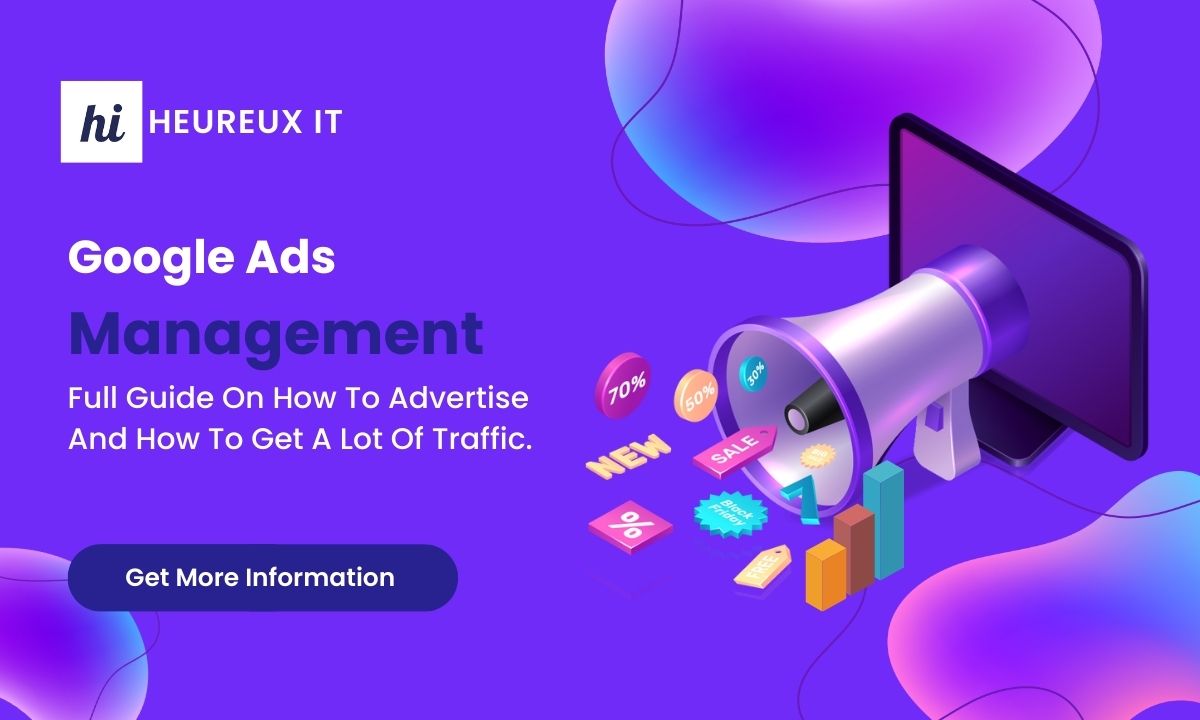As we step into 2024, the future of digital marketing is evolving rapidly. The rise of AI, changing consumer expectations, and the demand for personalized experiences are reshaping the industry. To stay competitive in this dynamic landscape, businesses must adapt to new technologies and strategies. Let’s explore the key trends defining the future of digital marketing and how you can leverage them to succeed.
AI-Powered Solutions Revolutionizing Marketing
Artificial intelligence (AI) is transforming the future of digital marketing by offering innovative solutions that streamline processes and enhance customer experiences. In 2024, AI-powered tools have become more advanced, enabling businesses to automate tasks, deliver personalized content, and optimize campaigns with data-driven insights.
AI also enhances predictive analytics, enabling marketers to anticipate customer behaviors and deliver tailored recommendations. With AI, you can optimize your marketing campaigns for better performance and higher ROI, while saving valuable time and resources.
The Demand for Hyper-Personalization
Consumers today expect brands to understand their preferences and deliver personalized experiences. In 2024, hyper-personalization will be essential to the future of digital marketing. Brands need to move beyond generic messages and create tailored content, offers, and recommendations based on individual behavior and interests.
By leveraging data analytics and AI, businesses can track user behavior across digital platforms, creating a seamless, personalized experience that boosts engagement and loyalty. Personalization not only improves customer satisfaction but also drives conversions and long-term growth.
The Rise of Video Content
Video marketing continues to dominate in 2024. With the growth of short-form content on platforms like TikTok and Instagram Reels, as well as the increasing popularity of live streaming, video remains a critical tool for engaging audiences. Brands are finding that video content is not only more engaging but also drives higher conversion rates compared to other types of content.
Incorporating video into your digital marketing strategy—whether through educational content, product demonstrations, or behind-the-scenes looks—can help you reach your audience more effectively. Furthermore, AI tools can assist in video content creation and editing, making it easier for brands to produce high-quality videos.
Voice Search Optimization
As the use of voice assistants like Alexa, Siri, and Google Assistant continues to grow, voice search optimization is becoming a crucial element of SEO strategy. In 2024, more consumers are relying on voice searches for their queries, meaning businesses must adapt their SEO strategies accordingly.
To optimize for voice search, focus on conversational keywords and long-tail phrases that mirror how people naturally speak. Additionally, ensure that your website is mobile-friendly and loads quickly, as these factors also impact voice search rankings. By prioritizing voice search optimization, businesses can capture a growing segment of users who prefer hands-free interactions.
The Importance of Data Privacy
With growing concerns about data privacy, marketers in 2024 will need to prioritize transparency and ethical data practices. Data privacy is becoming a central issue in the future of digital marketing, with more regulations being implemented globally to protect consumers.
Building trust with your audience is essential. Businesses should clearly communicate how they collect, use, and protect customer data. By respecting user privacy and providing value in exchange for information, brands can foster stronger, trust-based relationships with their audience.
Social Commerce The Next Big Thing
Social media platforms are no longer just for sharing content—they have become essential shopping destinations. In 2024, social commerce is expected to grow even further, with platforms like Instagram, TikTok, and Facebook offering seamless in-app shopping experiences.
Brands can leverage social commerce by creating shoppable posts, engaging with customers through social media, and providing a frictionless purchasing process. This integration of social media and e-commerce allows businesses to drive sales directly from their social platforms, offering consumers a more convenient and interactive shopping experience.
Conclusion Staying Ahead in 2024
The future of digital marketing in 2024 is both exciting and challenging. From AI-driven solutions to hyper-personalized experiences and the rise of social commerce, the digital marketing landscape is undergoing rapid transformation. Businesses that stay ahead of these trends and embrace innovative strategies will be well-positioned to succeed in this ever-evolving environment.







